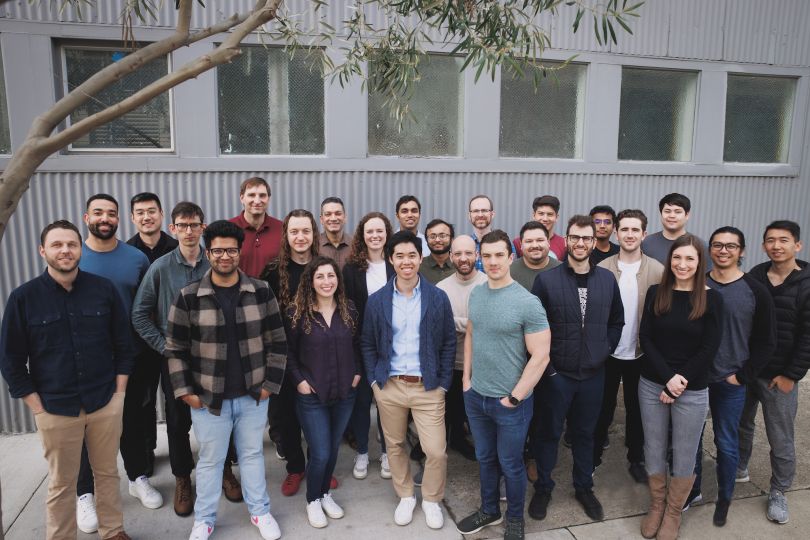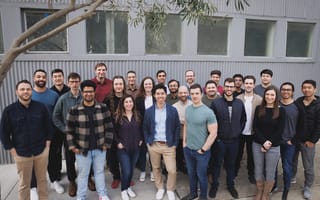
The artificial intelligence space has been gaining steady traction recently with a number of new developments and ample capital to fund them. Operating in this fast-growing sector, Adept is working to build a solution that helps people automate complex software processes. The company announced a $350 million round of funding on Tuesday to help achieve its goal of enabling humans and computers to creatively collaborate with one another.
Adept’s solution allows knowledge workers to develop software with the help of an “AI teammate” that can execute complex workflows via a natural language interface. This interface allows Adept to understand what goals a developer wants after the developer inputs commands in plain language.
The company’s initial creation, ACT-1, is its first step toward building a foundation model that can use any software tool, website or API, according to Adept. ACT-1 is a transformer trained to use digital tools. In its current form, the solution can use a web browser through a connected Chrome extension. Using this text-to-actions model, someone can ask the system to do things like create specific data columns based on info in a spreadsheet or set an automated reminder to email a particular contact.
Outfitted with fresh capital from lead investors General Catalyst and Spark Capital, Adept plans to support the productization of its solution and further model training. Additionally, the company plans to expand its team. Adept currently list open roles on its site for a creative technologist, a senior frontend engineer and a handful of software engineers.
The latest injection is part of Adept’s Series B round, following its $65 million Series A raise early last year.
“We are pleased to partner with General Catalyst, Spark Capital and our other investors, and [we] believe this investment validates our human-centered approach to general intelligence,” David Luan, Adept’s co-founder and CEO, said in a statement. “With this funding, Adept will work toward building the most useful AI teammate that enables end users to do anything they can put into words — improving productivity and letting anyone do what formerly only experts can do.”




